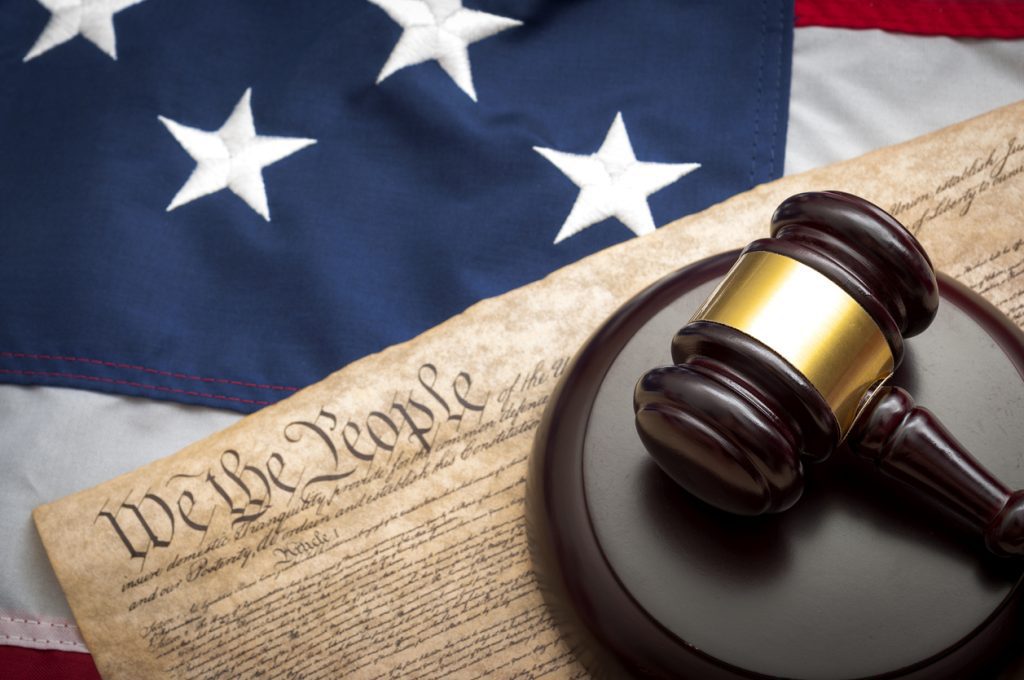According to Cornell Law School’s Legal Information Institute, “[a] Bivens action generally refers to a lawsuit for damages when a federal officer who is acting in the color of federal authority allegedly violates the U.S. Constitution by federal officers acting.” Put more simply, a Bivens action is a lawsuit against a government official who violates someone’s constitutional rights.
The name “Bivens action” comes from a 1971 United States Supreme Court case called Bivens v Six Unknown Federal Narcotic Agents. That case arose out of a situation where federal agents entered and searched a man’s apartment without a warrant or probable cause before they arrested him. The man sued the agents, alleging that they violated his Fourth Amendment rights.
A U.S. District Court dismissed the lawsuit. According to that court, there is no cause of action against federal agents for violating constitutional rights. The U.S. Court of Appeals affirmed. But the U.S. Supreme Court reversed. According to the Supreme Court, you can file a lawsuit against — and recover money damages from — government officials who violate your constitutional rights.

Who can file a Bivens action?
Pretty much anyone can file a Bivens action. If you believe that a federal agent violated one of your constitutional rights, you can file this kind of lawsuit. Examples of federal agents who may violate your rights include agents from the Federal Bureau of Investigation (FBI), the Drug Enforcement Agency (DEA), the Bureau of Prisons (BOP) and many other federal agencies.
But if someone from a state or local agency such as a state trooper or a county police officer violates your rights, you cannot file a Bivens claim. In that situation, you would file an action under 42 U.S.C. § 1983 instead. Even with § 1983 claims, though, you must still prove that one of your rights guaranteed by the U.S. Constitution was violated by the state or local agent.

When can you file a Bivens action?
In general, you can file a Bivens action any time a federal agent violates your constitutional rights. In the Bivens case, it was a violation of the man’s Fourth Amendment rights that led to the lawsuit. This is a common occurrence in Bivens actions. When federal agents violate someone’s Fourth Amendment rights against unreasonable searches and seizures, this kind of lawsuit is an option.
But a Bivens action is also an option when federal agents violate other rights as well. Other common examples include the Fifth Amendment’s right against self-incrimination as well as the Sixth Amendment’s right to counsel. If a federal agent violates those rights, the victim can file a lawsuit to hold the agent accountable.
The Takeaway:
A Bivens action is a lawsuit against a government official who violates someone’s constitutional rights. This kind of action is only available against federal government officials like FBI and DEA agents or BOP staff. If you win a Bivens action against a federal agent, you can receive money damages.






